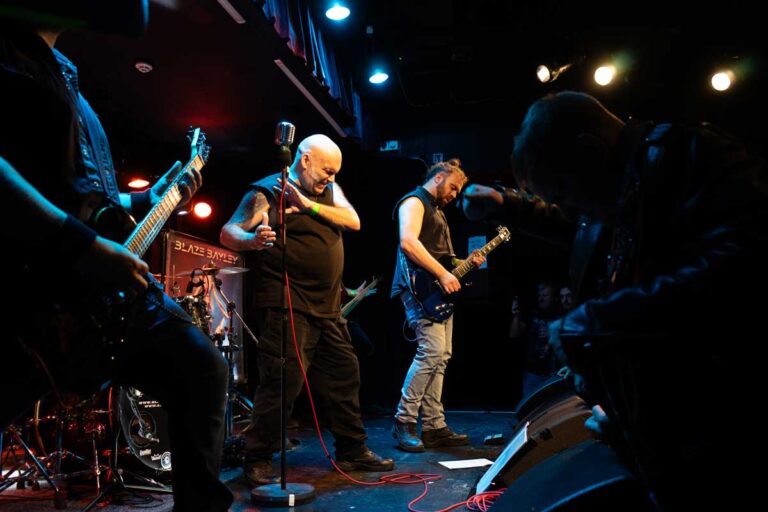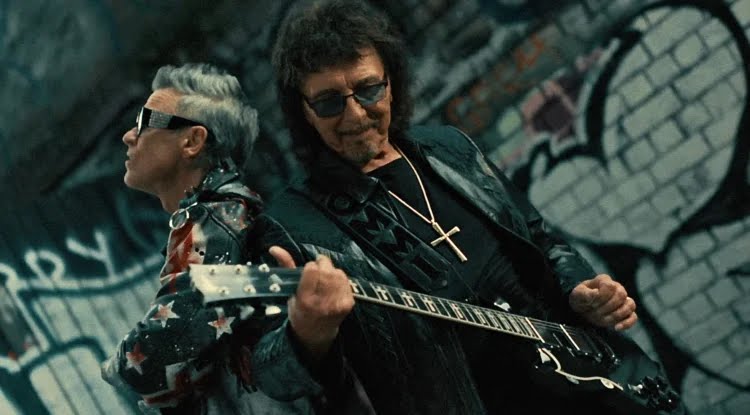BREAKING: Black Sabbath Guitarist Tony Iommi Ca…read more.
For more than half a century, Black Sabbath has been a towering name in the world of heavy metal. The pioneering band, formed in Birmingham, England, in 1968, reshaped the sound of rock and gave birth to a genre that still thrives today. With iconic riffs, dark lyrical themes, and legendary performances, the band’s influence remains unmatched. Yet, questions about the group’s future continue to linger even after their so-called “final” tour ended in 2017.
Recently, those questions resurfaced when the band’s founding members appeared divided over whether Black Sabbath is truly finished. Guitarist Tony Iommi and vocalist Ozzy Osbourne have both publicly stated that the band’s journey is over, emphasizing that their 2017 farewell show in Birmingham marked the end of an era. But bassist Geezer Butler seems less definitive, leaving a window however small open for more shows down the line.
Speaking to music outlets, Iommi reaffirmed his stance that Black Sabbath has done everything it set out to do. He explained that the farewell tour was carefully planned to give closure to both the band and its fans. “That was the end, as far as I’m concerned,” Iommi said. “We did it properly. We ended it where it all began. I don’t see us coming back again as Black Sabbath.”
Osbourne, meanwhile, has echoed those feelings, especially as he continues to battle health challenges. The 76-year-old frontman has been candid about his struggles in recent years, ranging from spinal issues to Parkinson’s disease. For Ozzy, the idea of committing to another full Sabbath tour seems unrealistic. “I gave it everything I had for that last tour,” he said in an interview. “It felt like the right way to close that chapter. Sabbath is done.”
Yet Geezer Butler has been less absolute. The bassist, who has been somewhat quieter in the press compared to his bandmates, hinted that while there are no plans for a reunion, he wouldn’t completely shut the door. “Never say never,” Butler remarked. “We’ve said goodbye before, and somehow found ourselves back together. Who knows what the future brings?”
That small flicker of possibility has given die-hard fans reason to hope. After all, this wouldn’t be the first time Black Sabbath has disbanded only to regroup later. The band has gone through multiple reunions since the late 1990s, often surprising even the most devoted followers.
Industry observers, however, point out that the realities of age and health make another large-scale return unlikely. Iommi, now 77, has also faced serious health issues, including a battle with cancer. The physical demands of touring at that level could be overwhelming. Even Butler, who seems the most open to the idea, has admitted he enjoys retirement and the slower pace it brings.
Still, the legacy of Black Sabbath continues to live on beyond any single tour or performance. Their music classics like Paranoid, War Pigs, and Iron Man remains a cornerstone of heavy metal, inspiring generations of musicians. Tribute bands, festivals, and younger acts influenced by Sabbath ensure that their spirit remains alive.
For fans, the divide among the band members stirs a mix of emotions. On one hand, there is respect for Iommi and Osbourne’s wish to end on their own terms, without diminishing their legacy. On the other, Butler’s refusal to fully close the book sparks a glimmer of hope that maybe, just maybe, the godfathers of metal could reunite for one more show, one more riff, one more chance to hear that unmistakable sound live.
Whether or not that day ever comes, one thing is certain: Black Sabbath’s shadow over heavy music will never fade. For many, the band doesn’t need to reunite to remain immortal they already are.



